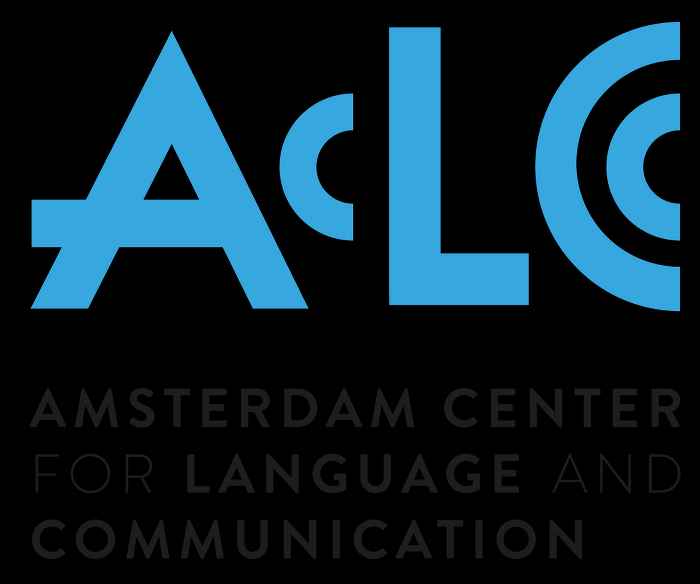ACLC Seminar | Ceyhun Servi
- Date
- 26 January 2024
- Time
- 16:00 -17:00
- Location
- P.C. Hoofthuis
- Room
- 1.15
Assessing Language in Children With Autism: Spontaneous Language Sampling
Spontaneous Language Sample Analysis (SLSA) can be used normatively to evaluate the extent and nature of children’s language disorders. This strategy is particularly valuable for languages where standardized tests are not available. A majority of clinicians endorse the use of spontaneous language sample analysis for accurate assessment (Kemp & Klee, 1997). Structured assessment tools have some limitations especially during assessment of language in children with developmental disabilities (DD) such as children with autism. Directions and structured tasks of the standardized tests may cause some inaccurate performance for the children with DD.
Additionally, standardized tests may give limited data about a restricted component of language. It is also known that SLSA can give data about four components of language which are morphology, syntax, semantics and pragmatics.
A number of computer programs have been created to streamline the analysis process. The adaptation of SALT (Systematic Analysis of Language Transcripts), for use with children who are learning Turkish as a first language is a new tool for assessment language performances of children. The SALT program has a Turkish database between 2.6-9.6 ages which lets researchers or clinicians compare a child’s performance against typically developing peers.
This presentation will provide information on the study of spontaneous language samples and its application in assessing children with autism. It will also cover the SALT program and the morphological characteristics found in Turkish-speaking children with autism.
About the ACLC seminar series
The ACLC seminar series is a two weekly lecture series organized by the ACLC, the Amsterdam Center for Language and Communication.
